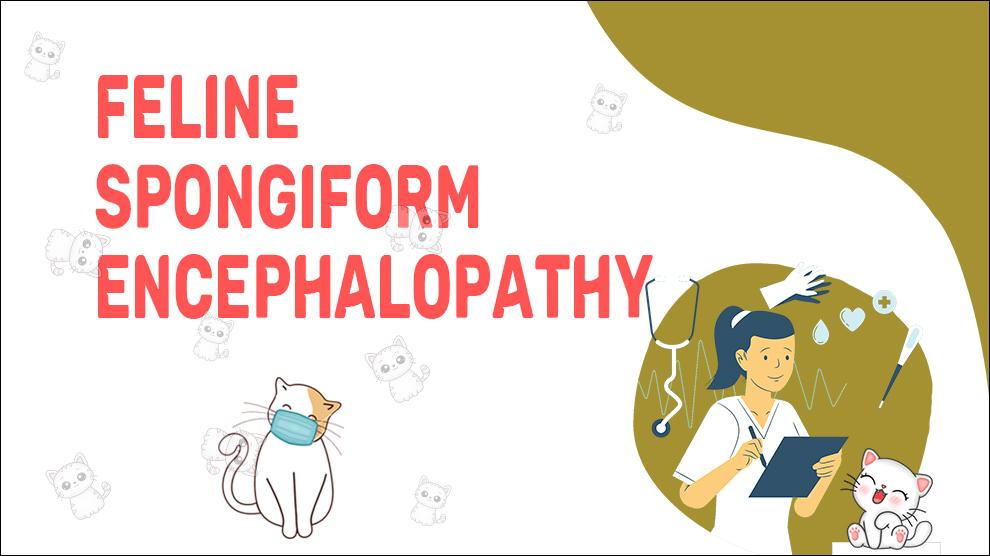What Is Feline Spongiform Encephalopathy?
Feline spongiform encephalopathy, also known as FSE, is a rare and fatal neurodegenerative disease that affects cats.
It is a prion disease, which means it is caused by an abnormal form of a protein called a prion that accumulates in the brain, causing damage and ultimately death.
FSE is similar to other prion diseases such as mad cow disease in cattle and Creutzfeldt-Jakob disease in humans.
Clinical Signs Of Feline Spongiform Encephalopathy
The symptoms of FSE can vary but typically begin with changes in behavior and temperament, such as increased aggression or depression.
As the disease progresses, cats may experience muscle tremors, difficulty walking and standing, seizures, and blindness.
In the later stages of the disease, cats may become unresponsive and comatose.
- Changes In Behavior
- Aggressive
- Hiding
- Loss Of Balance
- Uncoordinated Gait
- Head Tilt
- Excessive Saliva
- Excessive Thirst
- Frequent Urination
- Dilated Pupils
Treatment Options For Feline Spongiform Encephalopathy
Unfortunately, there is no cure for FSE, and treatment options are limited.
supportive care can help manage symptoms and improve quality of life, but the disease is ultimately fatal.
Euthanasia is often recommended to prevent unnecessary suffering.
Home Remedies For Feline Spongiform Encephalopathy
There are no home remedies for FSE, and it is important to seek veterinary care as soon as possible if you suspect your cat may be affected by the disease.
How To Prevent Feline Spongiform Encephalopathy?
Preventing FSE involves limiting exposure to potentially contaminated food sources.
This may include avoiding canned cat food that contains beef or lamb products and feeding cats a balanced and nutritious diet.
It is also important to properly handle and store cat food to minimize the risk of contamination.
Affected Cat Breeds Of Feline Spongiform Encephalopathy
FSE can affect cats of any breed, but it is most commonly reported in domestic shorthair cats.
Causes For Feline Spongiform Encephalopathy
Causes:
FSE is caused by the accumulation of an abnormal prion protein in the brain.
The exact cause of this accumulation is unknown, but it is thought to be related to exposure to contaminated food, particularly canned cat food that contains beef or lamb products.
The disease is not contagious and cannot be passed from cat to cat.
When To See A Vet For Feline Spongiform Encephalopathy?
If you notice any changes in your cat's behavior or health, it is important to seek veterinary care immediately.
Early diagnosis and treatment can help improve outcomes and quality of life for your cat.
Food Suggestions For Feline Spongiform Encephalopathy
Feeding your cat a balanced and nutritious diet is important for overall health and well-being.
It is recommended to avoid canned cat food that contains beef or lamb products to minimize the risk of exposure to potentially contaminated food sources.
Conclusion
Feline spongiform encephalopathy is a rare and fatal neurodegenerative disease caused by the accumulation of an abnormal prion protein in the brain.
The disease is similar to other prion diseases such as mad cow disease and Creutzfeldt-Jakob disease. There is no cure for FSE, and treatment options are limited to supportive care.
Preventing FSE involves limiting exposure to potentially contaminated food sources and feeding cats a balanced and nutritious diet.
Early diagnosis and treatment are important for improving outcomes and quality of life for affected cats.











